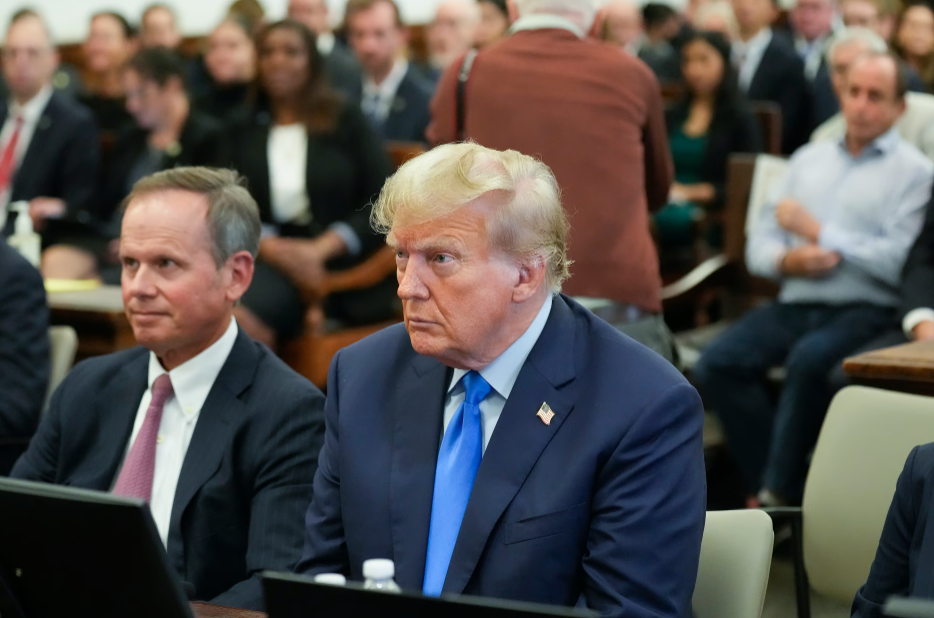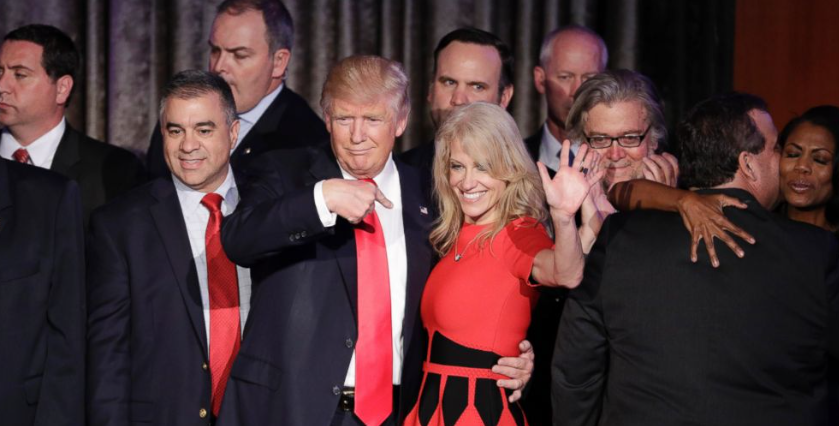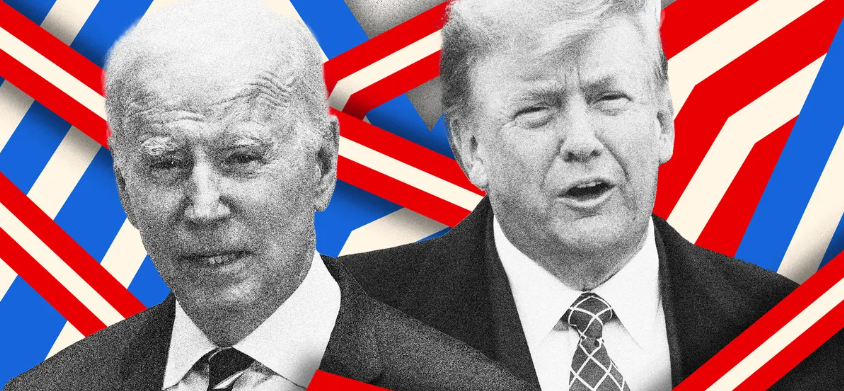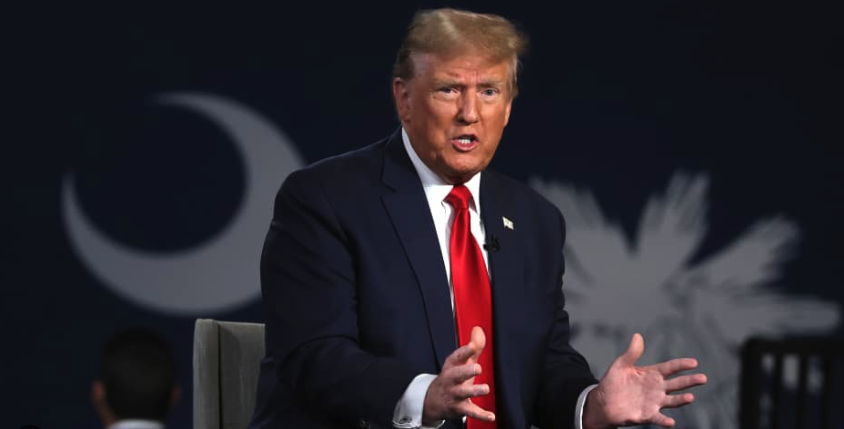
TikTok finds itself at a pivotal crossroads, with the future of the Chinese-owned social media giant hanging in the balance amidst legislative actions that could lead to its ban in the United States. The app, a platform for millions to share short videos, has become a cultural phenomenon, especially among younger audiences. Yet, concerns over data privacy and national security have prompted lawmakers to consider drastic measures.
In an effort to counter the potential ban, TikTok, along with its advocates, including the influential Club for Growth, has launched a multifaceted campaign aimed at swaying lawmakers and rallying public support. The Club for Growth, known for its significant influence in Republican primaries and its ties to major TikTok parent-company investor Jeff Yass, has openly opposed legislation that could jeopardize Yass’s substantial investment, rumored to be as high as $21 billion.
The arguments presented to Congress vary widely, highlighting the potential impact on retirees due to major financial firms’ investments in ByteDance, TikTok’s parent company, and the potential infringement on the free speech rights of its 170 million American users. TikTok has also emphasized its role in supporting 5 million small businesses and has denied allegations of Chinese government ownership or control.
As the House passed the Protecting Americans from Foreign Adversary Controlled Applications Act with overwhelming bipartisan support, TikTok’s focus has shifted to the Senate, where its fate is uncertain. The bill, if passed, would compel ByteDance to sell the app or face a ban on U.S. app stores and websites. Commerce Chair Maria Cantwell and Senate Majority Leader Chuck Schumer have yet to signal their intentions, leaving TikTok’s future in limbo.
TikTok’s response has been multifaceted. It has mobilized its user base, encouraged them to lobby their representatives, and launched a comprehensive ad campaign targeting states with key Senate races. The app’s efforts to engage its community and leverage public opinion underscore the significance of this moment for the company.
The company has also sought to broaden the debate, suggesting that a ban could inadvertently empower its competitors and overlook the potential for domestic companies to misuse user data. This narrative has found echoes in comments made by former President Donald Trump, who suggested that a TikTok ban would merely benefit its rival, Facebook.
As TikTok prepares for a potential Senate vote, it continues to engage lawmakers, hoping to sway opinion in its favor. The app’s lobbying efforts, including employing former Congress members as intermediaries, demonstrate its commitment to fighting the proposed ban. However, the outcome remains uncertain, with TikTok’s vast lobbying expenditures and donations to influential organizations underlining the high stakes involved.
TikTok’s struggle against a possible U.S. ban is a complex saga of politics, business interests, and the evolving landscape of digital privacy and security. As the debate unfolds, the app’s future in the U.S. remains an open question, with implications for its millions of users, investors, and the broader social media ecosystem.











